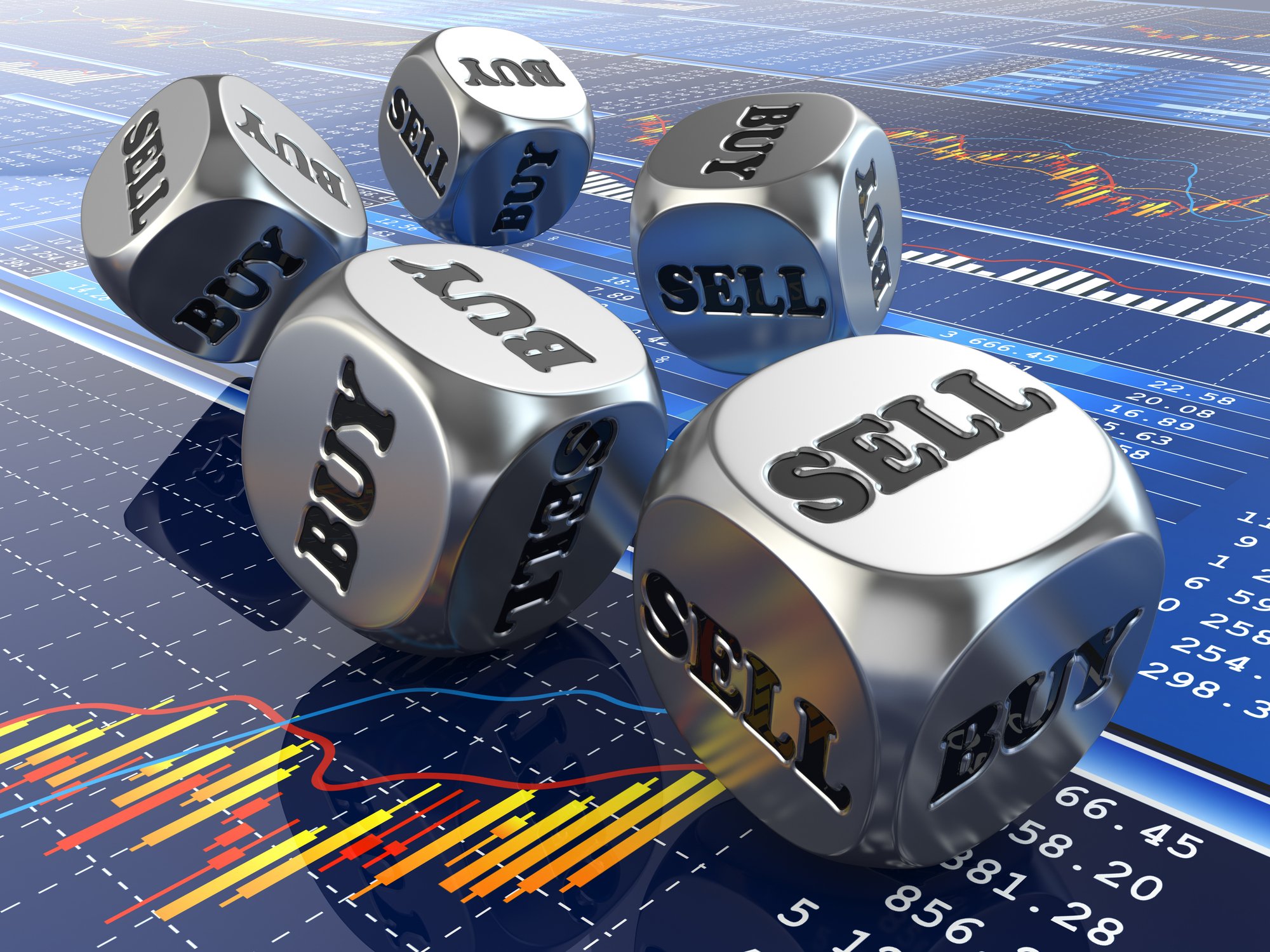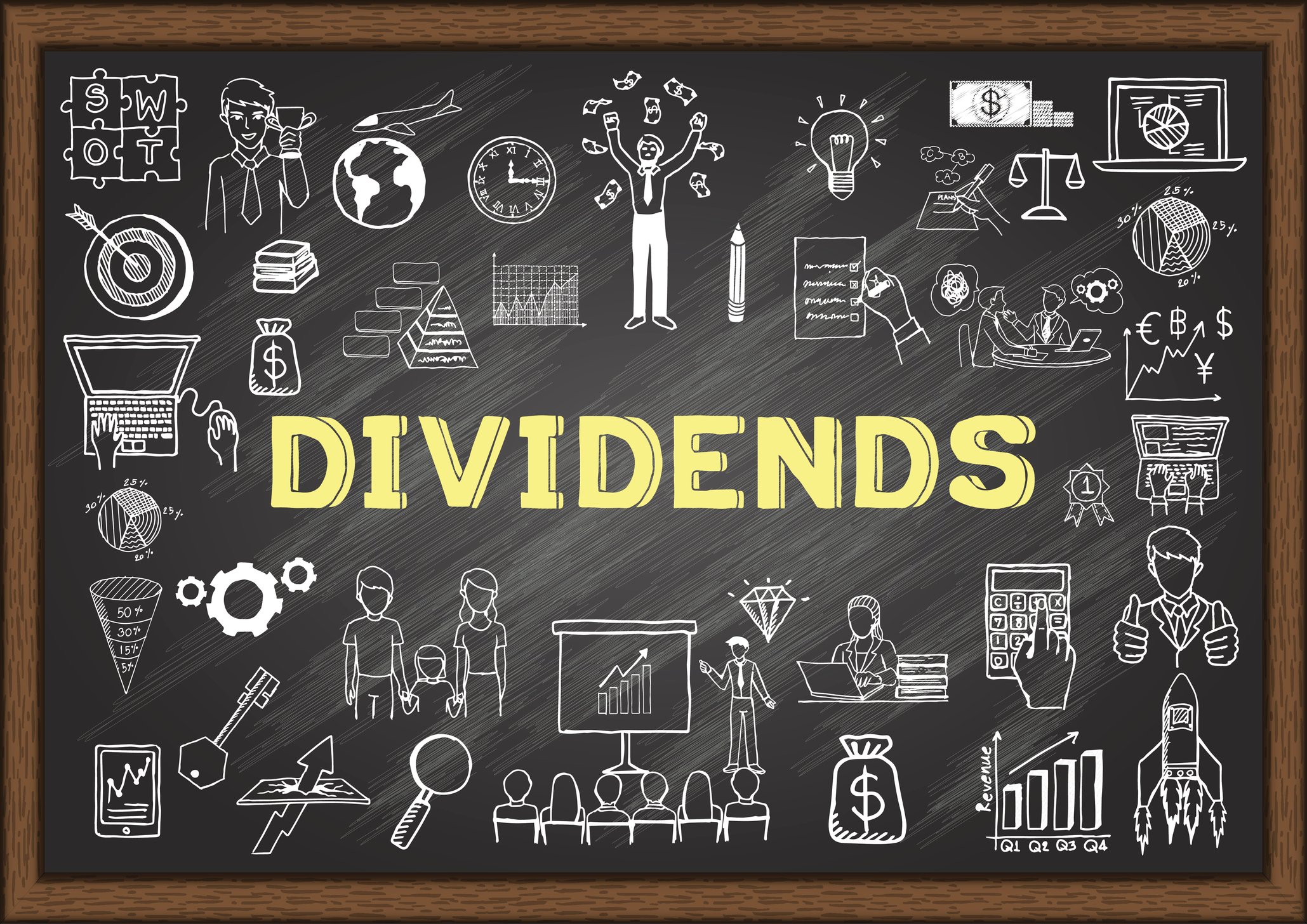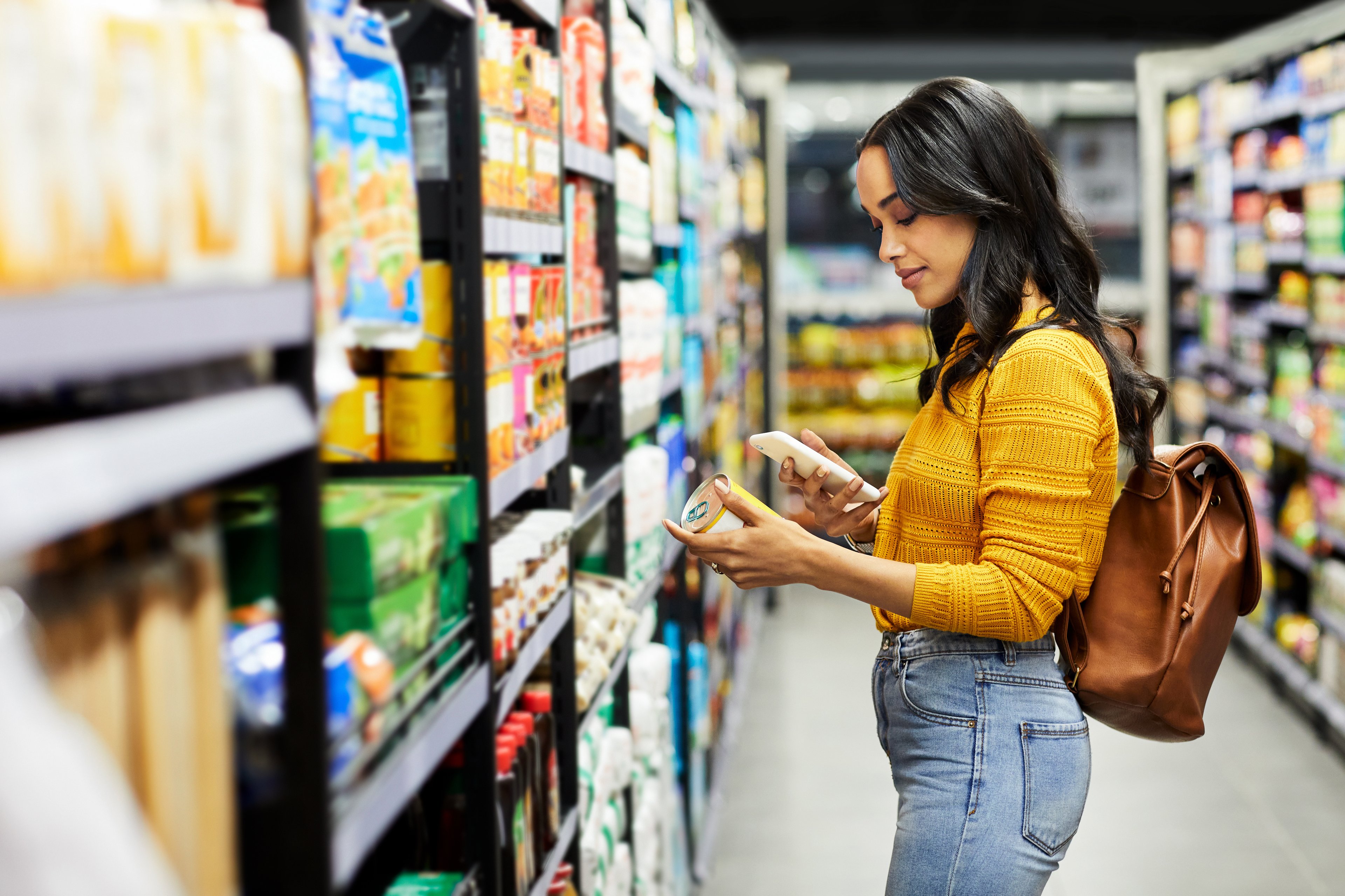The consumer packaged goods (CPG) industry is undergoing a rapid shift. Big household-name brands are no longer as powerful as they used to be as millennial customers who are gaining spending power are increasingly opting for either niche offerings with healthier ingredients or cheaper private-label options.
That shift has caught many large CPG companies off guard, even Kraft-Heinz (KHC +1.57%), which is run by a highly respected team from major shareholder 3G Capital. 3G CEO Jorge Paulo Lemann even admitted earlier this year to being surprised at the CPG category "being disrupted."

Image source: Getty Images
3G Capital had garnered a reputation as a highly efficient (if not ruthless) cost-cutter. So when 3G teamed up with Berkshire Hathaway in 2013 to merge Kraft and Heinz, most thought the new conglomerate would grow via making big acquisitions and running them more efficiently.
Last week, Kraft-Heinz did announce a new acquisition -- but it's a far cry from the type anticipated by investors a few years ago. In fact, it seems the script has flipped to an entirely new strategy.
Bringing in Ethical Bean
Kraft announced it was purchasing Canadian coffee brand Ethical Bean for an undisclosed amount. Ethical Bean was founded in 2003 by entrepreneurs Lloyd Bernhardt and Kim Schachte, and the company became one of Canada's first "B Corporations" in 2010. A B Corporation is a company that meets certain high standards of environmental and social stewardship.
For a company called "Ethical Bean," the designation is hardly surprising. And as one might imagine, the company attempts to differentiate itself through tech-enabled transparency that shows off the company's ethical standards.
For instance, one interesting feature of Ethical Bean is its app, whereby you can scan the QR code on your coffee package and see the exact farm where the beans came from. In 2016, the company introduced a 100% compostable single-serve coffee pod that completely breaks down in 84 days (in contrast with the very environmentally unfriendly plastic single-serve pods common across the industry).
While Ethical Bean initially aimed to be both a brand and a cafe operator, the company closed down its cafes in 2013, except for the one attached to its roastery. Ethical Bean now makes all of its revenue from packaged coffee, online, and in grocery stores.

Image source: EthicalBean.com
Small potatoes? Not quite.
According to the British Columbia government website, Ethical Bean only makes between $5 million and $10 million per year, though those aren't official numbers. Still, it's safe to say this is a far cry from the huge deals envisioned by Kraft-Heinz investors just a few years ago.
Why would a company as large as Kraft-Heinz bother with such a small brand? There are a couple of reasons. One is that Kraft's Canadian sales have really struggled, falling by 4.5% in the second quarter. Even worse, the company actually benefited from currency swings of 3.7%, so the apples-to-apples sales decline was an even deeper 8.2%. So the Ethical Bean acquisition could be a geographical play.
It's also possible Kraft-Heinz may have bigger plans for Ethical Bean. In the announcement, Ethical Bean's Bernhardt said: "With Kraft Heinz's expertise and scale, we're confident that Ethical Bean Coffee will continue to deliver on that reputation to a much wider audience."
Kraft-Heinz probably likes the very direct brand name and the transparency for today's consumer. Perhaps the food giant can apply app-enabled ingredient transparency to other brands in its portfolio as well. Kraft-Heinz had been looking for new star brands in the organic and craft categories, with the formation of its Springboard brand incubator earlier this year and 2017's introduction of O, That's Good! healthier side dishes in collaboration with Oprah Winfrey.
Should Kraft-Heinz figure out how to scale the business, I think it could find success. CEO Bernardo Hees has admitted that Kraft-Heinz is not as differentiated in the coffee category as it is in other product lines, so it's possible Ethical Bean could become the new coffee star for the company, which also owns the Maxwell House and Gevalia brands.
A harder slog
Kraft-Heinz seems to realize that in order to win in the new age of packaged foods, it will have to play where the consumer is -- in smaller, healthier craft brands. That means the company will be trying lots of smaller bets and innovating more quickly, rather than the (arguably) easier task of making a huge acquisition and cutting personnel. While it's possible Kraft-Heinz's talented management can make the new strategy a success, investors should know that this is the playbook they're buying into -- not the one of just a few years ago.






